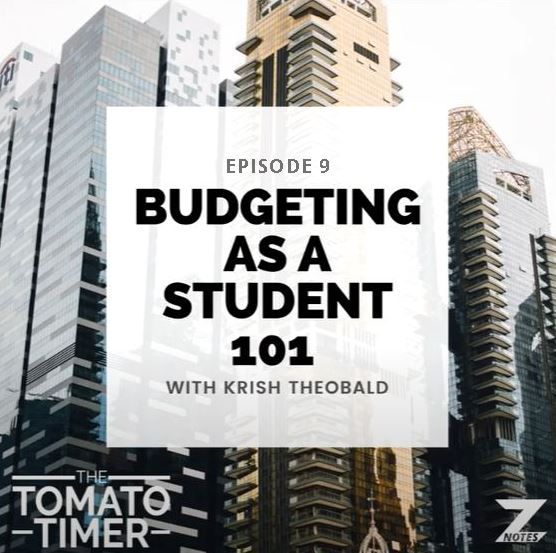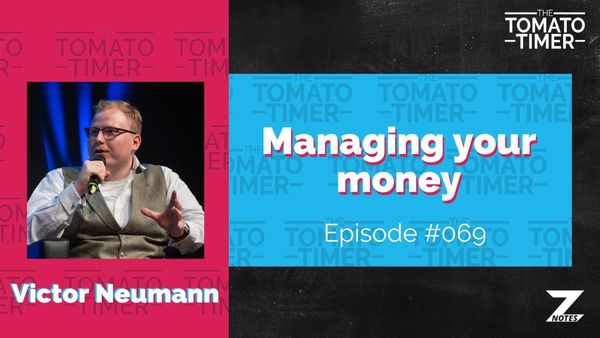What exactly is financial literacy?
Many people think about money and finances, and they think about boring things like taxes, budgeting and maybe a little investing. But what is financial literacy really about? What are the skills you need to acquire to be equipped for life?
Luckily, we do not have to make something up here. Just two years ago, in 2020, financial literacy was officially defined as a complex web of knowledge, skills, attitudes, behaviours and financial awareness.
This might sound a little complicated, but it is actually straightforward. Those who possess it can make sound financial decisions and achieve financial prosperity. Financial education thus lays the foundation for people to act and decide both consciously and effectively in monetary and financial matters.
You might already realize that financial literacy is more than just simple knowledge. There is another dimension to it - the personal dimension. Financial literacy is, therefore, not a set of facts you know but a competence you have for life.
The key areas you need to think about when thinking about financial literacy:
- Income (Income in general, financial support & grants from the government etc.)
- Money and Payments (What even is money?)
- Spending and buying (What are your expenses, your behaviour towards spending money, etc.)
- Budgeting (How do you create a reasonable budget for a week, month, year, etc.)
- Borrowing money and debt (How does credit work? What is interest?)
- Investing and insurance (How does insurance work? Why should I get insurance? What should I invest in? Why should I invest?)
Hence, the question "How does insurance work?" plays as significant a role in financial literacy as the ability to make a reasoned decision for or against insurance.
Therefore it is essential in financial literacy that you do not just try to learn facts about it but also try to understand the context surrounding a decision. Don't just ask yourself, 'Which insurance do I need for my uni life' - ask yourself, 'why do I need which insurance for my uni life.'
This way of thinking and understanding the context and not just the facts gives you way more critical independence in financial literacy.
Because one thing is particularly noteworthy in this field - many people claim to teach you about it, but in reality, they have an insurance or investment product they want you to buy. And it is needless to say that not all of those products will be the best choice for you. Some might be, but others also might not be. Therefore you must understand the context of financial decisions, your personal behaviour, and the facts to make sound, independent decisions.




